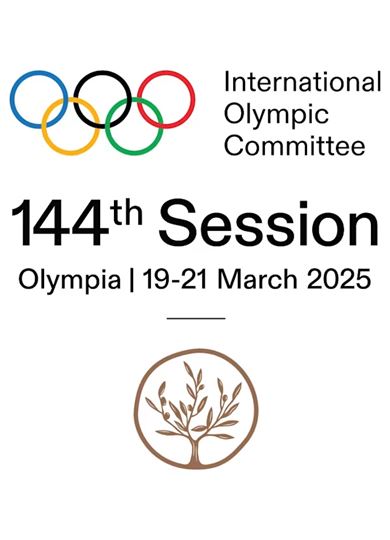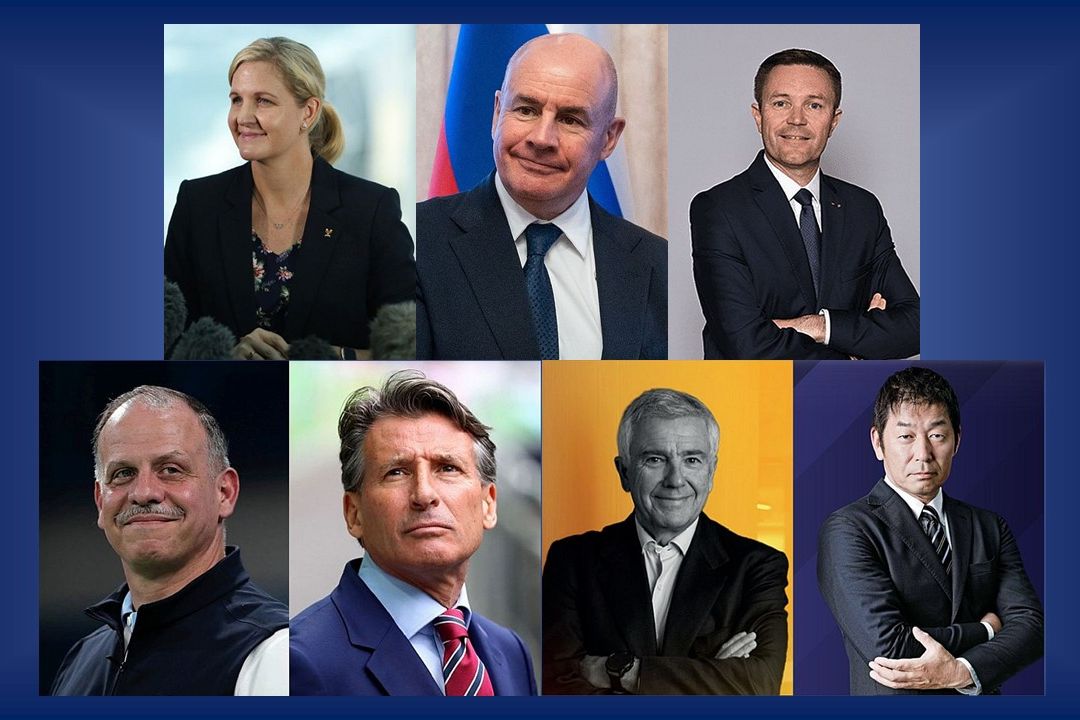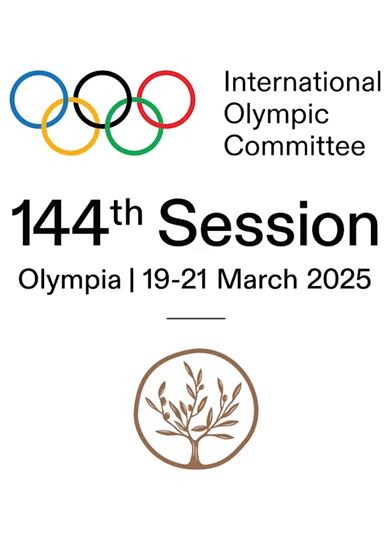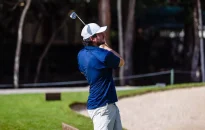The only agreement that most election observers have come to is that Japan’s Watanabe is the most likely to be eliminated first, as his radical idea of a five-continent, 50-sport Olympic Games is simply too wild.The World Athletics move to award prize money in Paris – without telling anyone in advance – caught every other […]


The only agreement that most election observers have come to is that Japan’s Watanabe is the most likely to be eliminated first, as his radical idea of a five-continent, 50-sport Olympic Games is simply too wild.The World Athletics move to award prize money in Paris – without telling anyone in advance – caught every other IF by surprise and has cast him – in some circles – as a polarizing candidate. Coe has said the communications should have been handled better, but that athletes need to find financial help anywhere they can. Further, he has eloquently pushed for the IOC to push harder on sport as a social development tool, and not so much on other programs involving the United Nations and cultural projects. That’s a powerful position that will have wide support.
Anyone who says they know who will win … does not know. The situation is too fluid. Part of the instability is in the election rules. The format:
Jordan’s Prince Feisal sees himself as a possible upset winner, saying in a 6 March AIPS forum:
Then it gets tight. Lappartient is the only Francophone candidate in the race and has been all over the Olympic Movement across the last four years, as the head of the Union Cycliste Internationale, as the President of the French National Olympic Committee (CNOSF) and the head of his French department in Brittany! He has been the IOC’s liaison to the e-sports community and has done a strong job in moving an “Olympic Esports Games” forward, to be held in 2027. But, as a sure signal of his success, he has some strident detractors.
By continent:
● 45: Europe (33 can vote in the first round)
● 20: Asia (16 in first round)
● 19: Americas
● 18: Africa (17 in first round)
● 7: Oceania
≡ IOC PRESIDENTIAL ELECTION ≡
Four of the seven candidates are from International Federations: Coe (athletics), Lappartient (cycling), Watanabe (gymnastics) and Eliasch (ski & snowboard). Of the nine IOC Presidents so far, only one came from an IF: Swede Sigfrid Edstrom, a member of the Stockholm 1912 organizing committee and one of the founders of the IAAF as the governing body of athletics. He became IOC President in 1942 upon the death of Count Henri de Baillet-Latour (BEL), and was elected in his own right in 1946. He served until 1952, when he retired at age 82.
★ To get the daily Sports Examiner Recap by e-mail: sign up here! ★
Some 76 of the current 109 IOC members have been elected during Bach’s presidency, but he hardly has control of them all, especially those who have chafed under his firm control of the organization.
The seven candidates, from six countries, have been waging a sedate campaign for about six months since the 15 September 2024 submission deadline. The line-up, in alphabetical order, with current ages:
But the top three contenders have consistently been Coventry, the favorite of current IOC chief Bach, Coe and Samaranch.
In Costa Navarino, there will be a straight election, without any further campaigning. The winner will be in control of the most important body in international sports, controlling a financial juggernaut that hosts just two first-line events every four years, yet generated .7 billion in revenue for itself from 2021-24 and has already contracted for about billion U.S. in revenue from 2025-2036.
He brushes off comparisons to his father, Juan Antonio Samaranch, the transformative IOC President from 1980-2001, saying the situations he faced are completely different and not relevant to today. The young (65) Samaranch has strong contacts with China and was the IOC Coordination Commission chair for the difficult 2022 Beijing Winter Games.
So, where do we stand?
● Prince Feisal Al-Hussein (JOR: 61)
● Sebastian Coe (GBR: 68)
● Kirsty Coventry (ZIM: 41)
● Johan Eliasch (GBR: 63)
● David Lappartient (FRA: 51)
● Juan Antonio Samaranch (ESP: 65)
● Morinari Watanabe (JPN: 66)
Coventry, by far the youngest in the field at 41, is a seven-time Olympic medalist from Zimbabwe, who swam collegiately at Auburn, and is the Zimbabwe Minister for Youth, Sports Arts and Recreation. She performed splendidly as the head of the IOC Athletes Commission before voted into the IOC as an individual member. At home, she has been criticized for her ministerial work by activists who wanted to see more from her department.
If you are wondering about the demographics, they break down this way:
By gender:
● 61: Men (47 can vote in the first round)
● 48: Women (45 can vote in the first round)
So, with days to go, where do we stand?
This appears to be a close call, with no way to know now what will happen.
So, there is no obvious group that instantly delivers the needed 47 votes on the first round, either by region or gender.
¶
¶
For our updated, 895-event International Sports Calendar for 2025 and beyond, by date and by sport, click here!
If the recent decades of voting by IOC members are any guide, a promise by a member to vote for someone is often for the first round only. After that, they are on their own.














